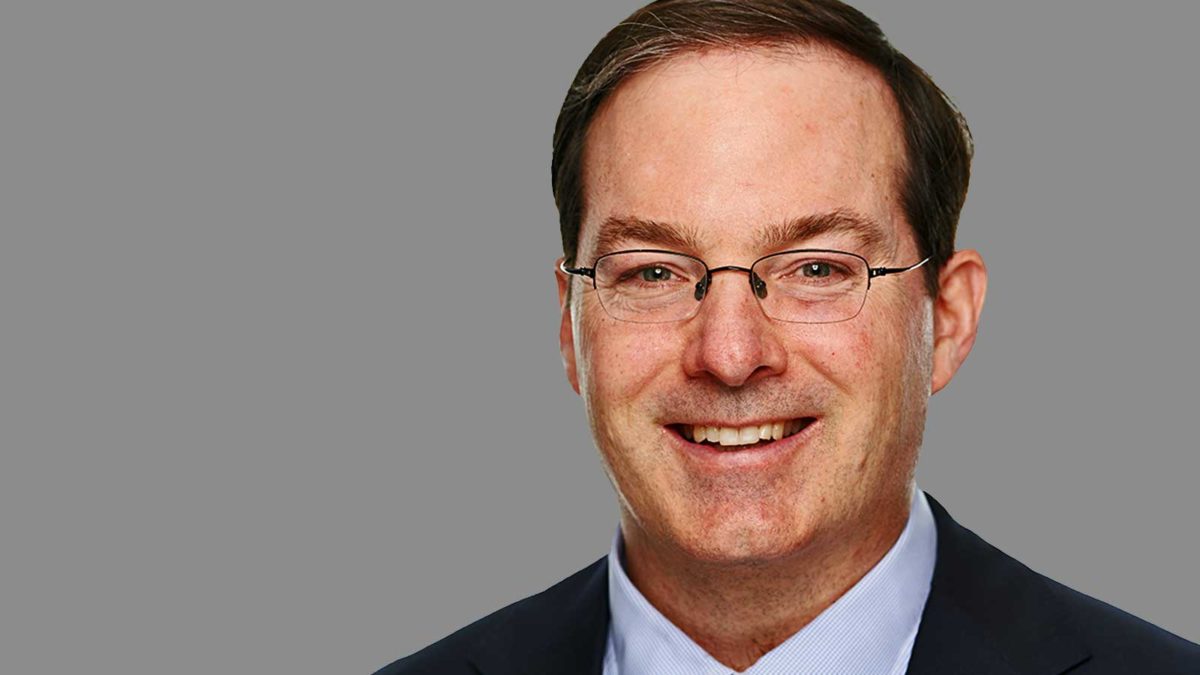Macro will not be ‘the same as it ever was’
The portfolio that drives excess returns over the next decade ‘will likely look a lot different’ than that of the 2009-2019 period as the world enters a new era of outsize economic policy.
Private equity giant KKR believes that markets are accepting “the visible hand” of government intervention across areas as diverse as inequality, monopolistic pricing, and climate change, and that the new macroeconomic paradigm will not be “the same as it ever was”.
“If we are right in our assessment, then chief investment officers will need a dramatically different top-down framework to deploy capital effectively. In particular, we strongly believe that a theme-based approach is warranted to navigate what is becoming an ever more complex global economy,” said Henry H. McVey, KKR head of global macro.
The new “mega theme” for the cycle will be “buy price makers, avoid price takers” as the world enters a period when input costs, including wages and select commodity prices, increase at a faster pace than consumer prices – a trend that McVey believes will last longer than the consensus anticipates.
“Against this backdrop, we think that companies with pricing power, or what we term price makers, will be re-rated upward at the same time that price takers will be de-rated,” McVey said. “Not surprisingly, this macro backdrop will create more volatility, as margin estimates are too optimistic and rate of change on economic growth slows. Just keep in mind that the consensus now suggests that fully 80% of the companies in the S&P 500 will deliver improving margins.”
KKR also believes that investors should own more collateral-based assets as central banks stoke inflation, and continue to monitor “the rise of the global millennial” as that demographic begins to embrace homeownership and increase their spending in line with the needs of their growing families. The most powerful part of that narrative in McVey’s eyes is in Asia, where 822 million millennials are now entering middle-income status in China, India and Indonesia, suggesting “important shifts in buyer behaviour” over the next decade.
KKR is on board with the consensus view that environmental considerations represent a major opportunity for investors, and that there will be less “partisan discord” over the cost of replacing infrastructure given the pre-Covid “focus on preparedness”. Investors should also be prepared to “buy complexity and sell simplicity”.
“In jeweller’s parlance, we are using this 2021 mid-year outlook to shift the focus beyond just undervalued ‘diamonds in the rough’ to include the occasional ‘hidden gem’ trading at a fraction of its intrinsic value,” McVey said. “In particular, although consumers crave ‘things’ these days, we still believe that there is an opportunity to own ‘experiences’, particularly companies that were hit hard by the pandemic and may need capital to de-lever and/or reinvest in their businesses.”











